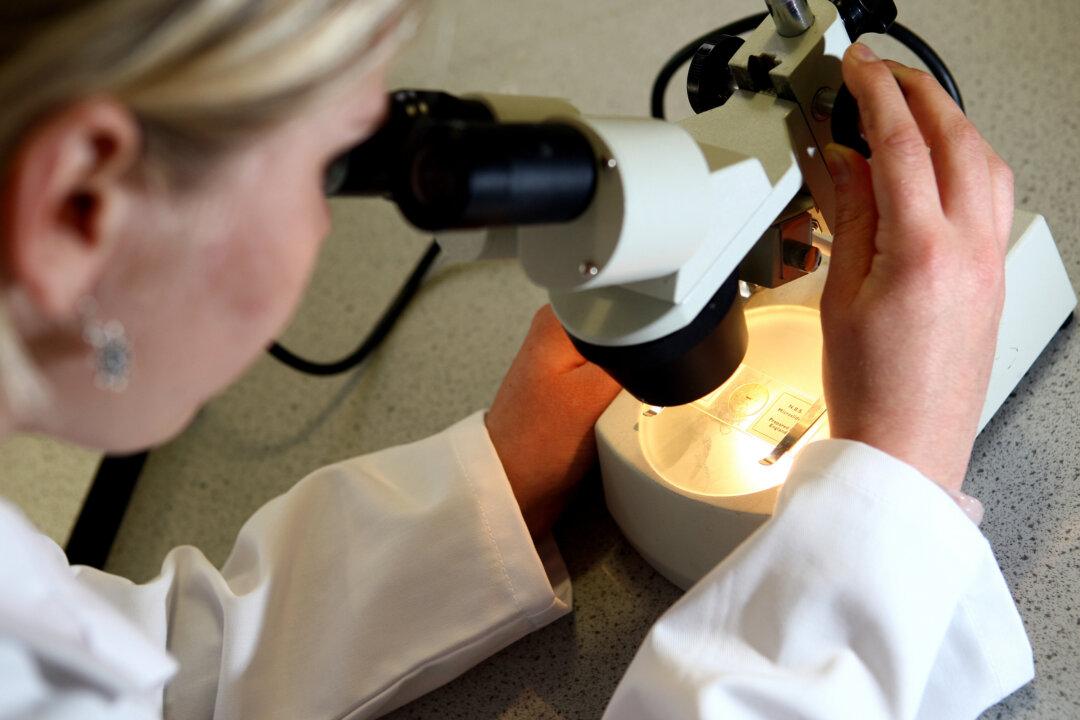The post-Brexit UK is re-joining the European Union’s science funding programme Horizon Europe under a “bespoke deal,” Prime Minister Rishi Sunak announced on Thursday.
From 2024, the UK will resume payment into the programme and become a “fully associated member for the remaining life of the programme to 2027,” the government said.





